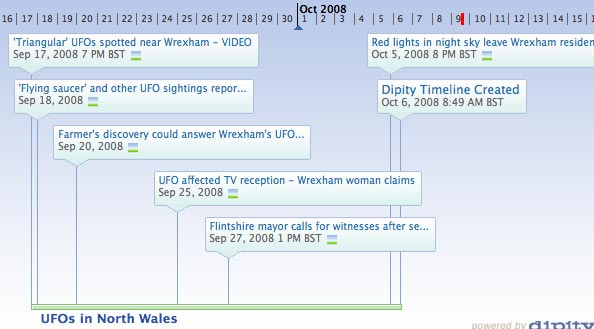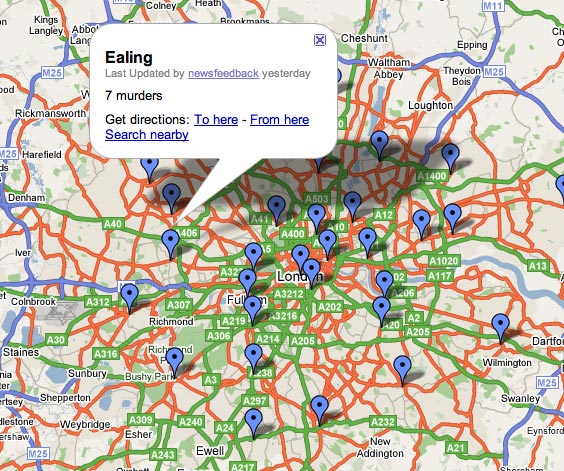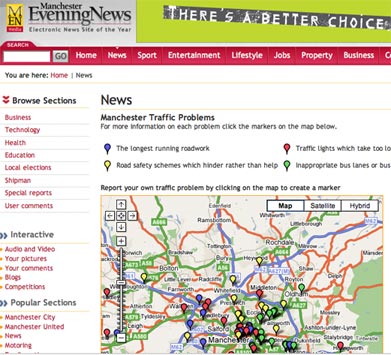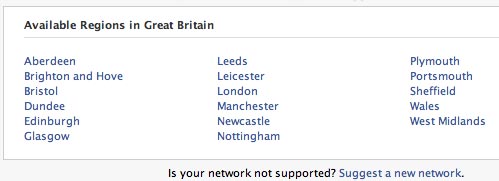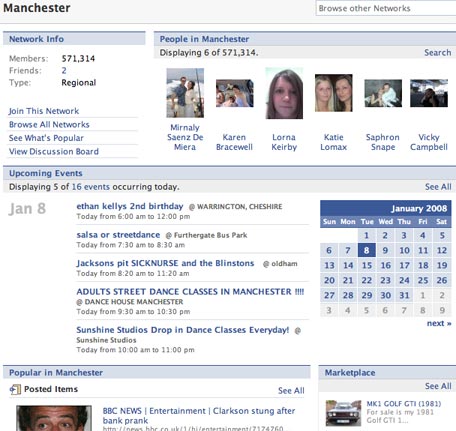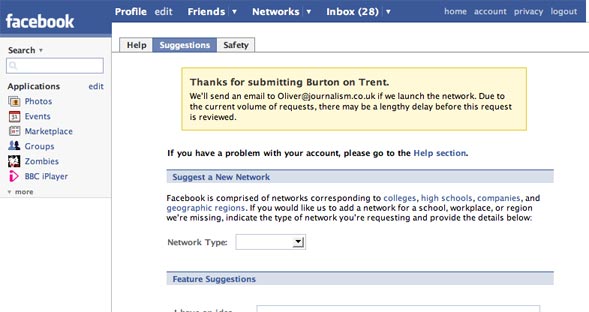As reported on the main page, Sir Christopher Meyer will tonight urge publications to support the Press Complaints Commission (PCC) in its role, which he emphasises is still relevant in light of online developments and recent privacy issues. Here is his speech in full, courtesy of the PCC’s website:
“It is always a pleasure to be in Manchester – a city with a vibrant media which I have visited more than any other in England during my time chairing the PCC. It was in this very room five years ago that I launched the first of our Open Days: public meetings in the towns and cities of the UK aimed at making the PCC as accessible as possible. Then, as now, we were given all possible support by the Manchester Evening News and Paul Horrocks. One of the most respected and innovative editors in Britain, Paul was also an outstanding member of the PCC for four years.
It has always been my ambition to hold a full meeting of the PCC outside London. It is vital to get over the message that we are not a body shut away inside a metropolitan bubble, dealing with the complaints of celebrities, royals (and near-royals), and politicians. The reality is far different. We exist for all the citizens of the United Kingdom; and of the thousands who come to us for help and advice, over 90 per cent lay no claim to celebrity whatsoever.
So, tomorrow’s meeting of the PCC is an historic moment in the 17-year life of our organisation. My colleagues from the board, all/most of whom are present tonight, are the people who take the decisions under the Code of Practice: about where the public interest meets the individual’s right to privacy; what constitutes a significant inaccuracy; when payments for information can be made – in short, on how the UK’s newspapers and magazines should gather and report news in print and online.
